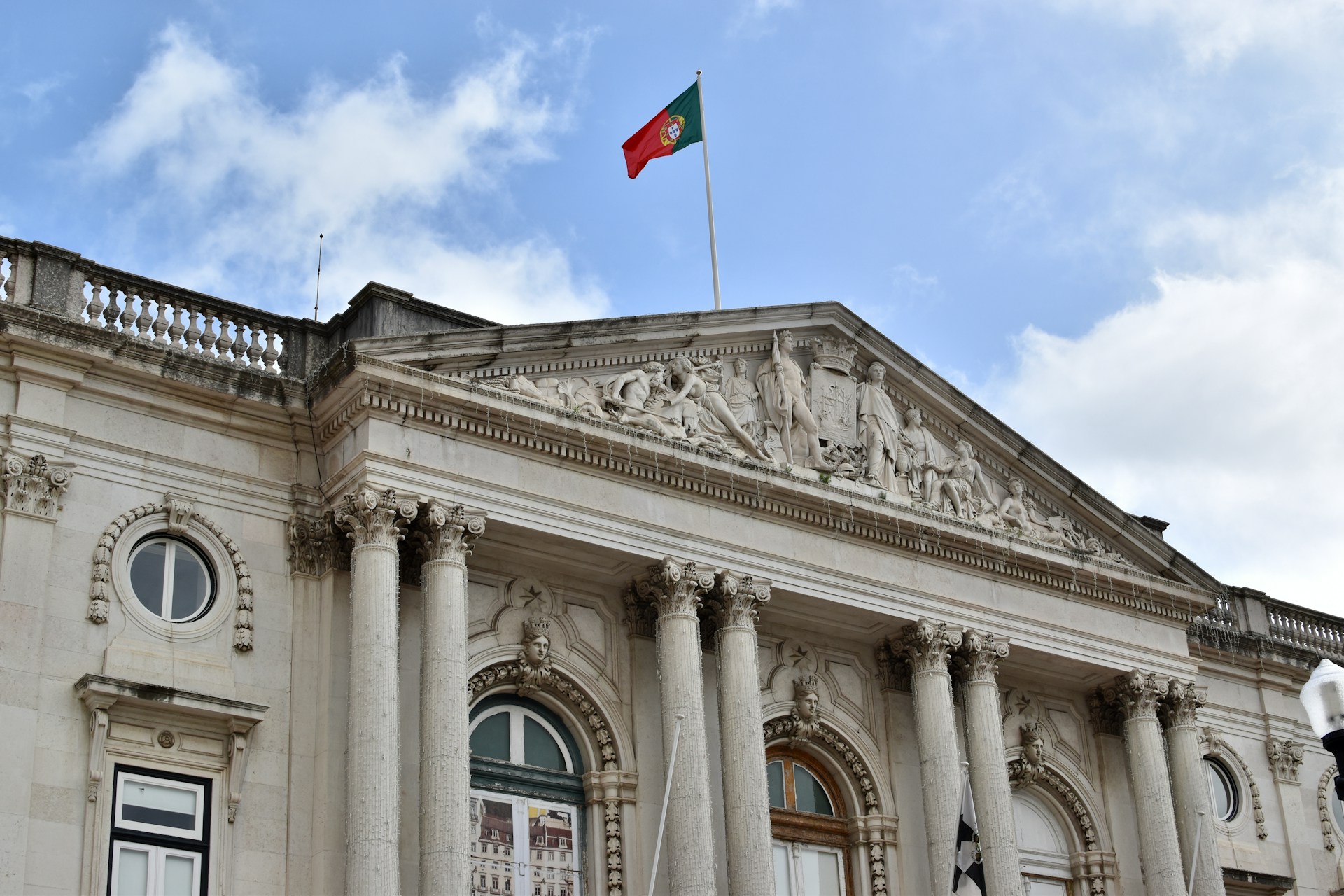How to register your holiday home in Portugal
Step-by-step guide to registering your holiday home with your local council

August 2025
Property owners in Portugal are increasingly looking to make the most of their investments by turning them into holiday rentals. Naturally, one of the most common questions is, “What are the steps to rent out my holiday home?”
In Portugal, this process involves several stages and some bureaucracy, so it’s vital to be informed. This ensures everything – from meeting the requirements to register a holiday home, or “local accommodation” (“Alojamento Local” in Portuguese, shortened to AL), to advertising your holiday home on a platform like Holidu – is compliant with the law. By doing so, you’ll be fully protected and ready to generate that much-desired passive income from your holiday rental.
Registering local accommodation is the first condition for renting out a holiday property. As covered in a previous article, this process involves various legal requirements that must be met before hosting guests.
In this article, we’ll delve deeper into the legislation around local accommodation, the registration process for a holiday rental, and the national and regional criteria you need to be aware of.

Registering Holiday Rentals in Portugal
Regional Considerations: The First Step
Under the Mais Habitação measures introduced in 2023 and the powers given to local councils by the Decree-Law 76/2024, local councils are free to limit local accommodation licenses in certain areas that they deem to be “high containment areas”. This means that some municipalities may block AL registrations in specific zones with high population density or housing shortages. Affected areas include much of the coastal region, the Algarve, and Lisbon.
It is important to check which restrictions may apply for your municipality. Lisbon, for example, has AL-free zones in historical and high-demand areas like Bairro Alto and Baixo, where new AL licenses are no longer being permitted. So just know that receiving an AL license is not guaranteed, depending on local restrictions.
To obtain a holiday rental license, you must obtain a local accommodation registration number from the municipality where your property is located. This number is assigned by the local council, and hosting guests without it is strictly prohibited. It’s essentially a unique identifier that’s associated only with your property, and it shows that your holiday letting is legally registered and compliant with safety and hygiene standards for tourist accommodation.
The first step is to submit an official application through a prior notification process, initiating the registration procedure to obtain the registration number.
Holiday Rental Registration Process: 4 Essential Steps
To simplify the process of registering your property as a holiday rental, we’ve created a step-by-step guide outlining the key details, including where to apply, the costs of obtaining a license, mandatory inspections, and deadlines to follow. The main steps, which we’ll break down below, are:
- Step 1: Prior notification and providing information
- Step 2: Gather the required documentation
- Step 3: Submission of the application
- Step 4: Compliance and inspections
Step-by-Step Guide to Registering Your Holiday Rental in Portugal
Step 1: Prior Notification and Providing Information
Registering a property as a holiday rental begins with notifying the local council of your intention.
This notification requires a set of documents and forms, which can be submitted online via the Balcão Único Eletrónico or in person at your local council office if you prefer face-to-face assistance.
Regarding costs, online applications are free. However, if you do choose to do it in person at the local council office, there may be a small fee (typically under €5).
If you choose to use the online portal, you will need to select a method of authentication to access the portal. This can be either:
- Your pin code and linked mobile phone for your Digital Mobile Key (CMD)
- A Portuguese citizen card with the Autenticação.gov plugin installed on your computer
- A digital certificate (a form of ID used to identify Portuguese residents in online portals)
- European authentication via eIDAS
Forms and Information to Provide
When filling out the form, you’ll need to include details such as:
- The ID of the person managing the holiday rental
- The fiscal address of the property manager
- The name and address of the property being rented
- The type of AL (e.g., house, apartment, hostel, or rooms), along with property details such as the number of bedrooms, beds, and guest capacity
- The anticipated opening date for hosting guests
- Emergency contact information
Step 2: Required Documentation
Once the notification form is completed, it must be submitted along with essential documents, either online or in person. These include:
- A copy of the ID of the person managing the holiday rental (or the access code to the permanent certificate from the commercial registry if the manager is a corporate entity)
- A declaration of responsibility confirming the suitability of the standalone unit or building
- A copy of the property tax registration document (caderneta predial)
- A copy of the business registration declaration from the Portuguese Tax Authority
- Minutes from the homeowners’ association meeting authorising the rental, if applicable (only for hostels)
Step 3: Submission of the Application
Once all forms and documents are ready, they can be submitted through the Balcão Único Eletrónico platform or directly to the relevant council office.
Bear in mind the restrictions mentioned earlier, as well as other factors that might lead to the rejection of your application, such as incomplete prior notification, failure to meet general or temporary restrictions, or lack of approval from the building’s homeowners’ association.
The council has 10 working days to oppose your application. If no objections are raised, you’ll receive the registration number required to list your property as a holiday rental.
Step 4: Compliance and Inspections
Provided all submitted information is correct and no restrictions apply under Decreto-Lei n.º 128/2014, the council will issue an AL registration number for your property. You can then list it on holiday rental platforms, such as Holidu, and begin hosting guests.
The registration number must be clearly displayed on all advertisements and platforms to avoid fines or other complications.
Additionally, the council will conduct an inspection within 30 days of the prior notification to ensure that all provided information is accurate and that the property complies with legal safety requirements.
In Summary
Registering your holiday home in Portugal involves complying with national laws under Decreto-Lei n.º 128/2014 and additional measures from the Mais Habitação programme in 2023.
This essential step provides your property with the license number required to operate as an AL. It involves submitting multiple forms and documents, starting with the prior notification form and waiting for the council’s response.
Once your application is approved, remember to include the registration number when advertising your holiday rental on platforms like Holidu to avoid preventable fines.
After completing the bureaucratic process, you can focus on running your business, ensuring your guests have a top-notch experience while maximising the returns from your holiday rental.